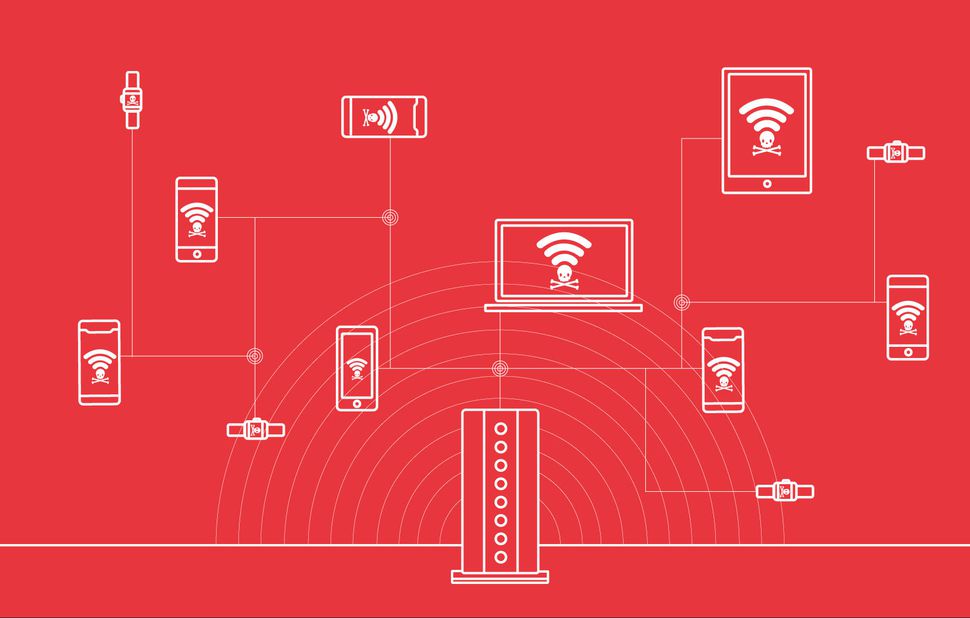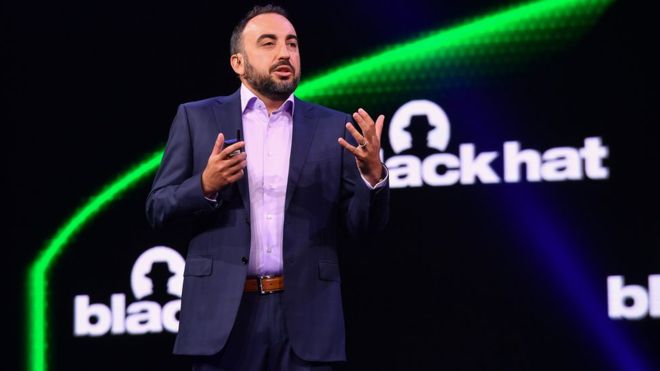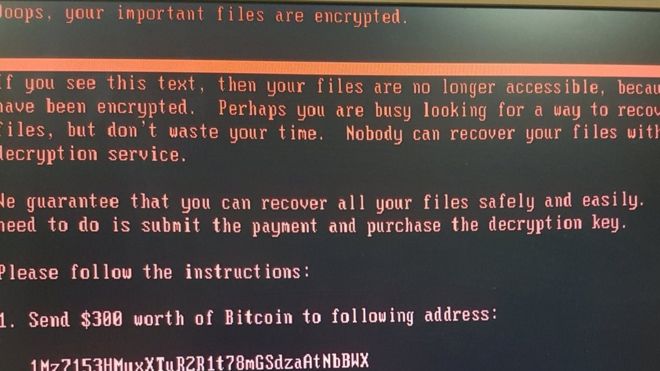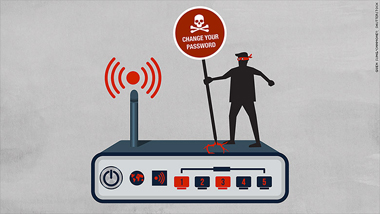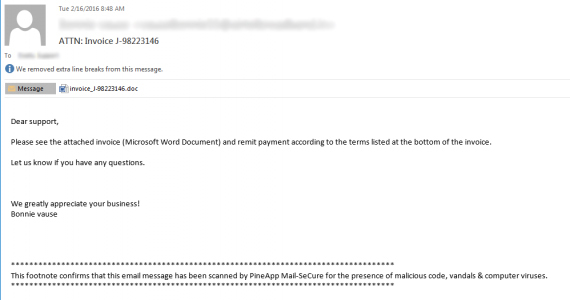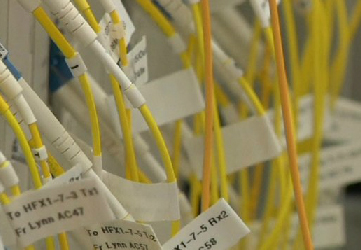
紐約時報網站癱瘓 懷疑遭受黑客攻擊
New York Times website down after suspected hacking
BBC News Technology 2013-08-28 01:00:00http://www.bbc.co.uk/news/business-23859572
The New York Times website has gone offline for the second time this month after what the company described as a "malicious external attack".
On its Facebook page, the Times said it was working to fix the problem, which appears to have started at 15:00 local time (19:00 GMT) on Tuesday.
A technical problem knocked NYTimes.com offline on 14 August.
Analysts said evidence showed a group supporting Syrian president Bashar al-Assad was behind Tuesday's attack.
The website was partially back online three hours later, although some users still reported difficulties. During the suspension the New York Times published new articles on its Facebook page as well as a mirror site.
Mark Frons, the company's chief information officer, warned New York Times employees the attack was perpetrated by the Syrian Electronic Army, which backs Mr Assad, "or someone trying very hard to be them".
He cautioned staff to "be careful when sending e-mail communications until this situation is resolved".
Security experts said there was enough evidence to link the hacking group to the problems.
"The NYTimes.com domain is pointing at SyrianElectronicArmy.com which maps to an IP address in Russia, so it's clearly a malicious attack," Ken Westin, a security researcher for Tripwire, an online security company, told the BBC.
In a separate posting on Tuesday, the group also claimed responsibility for hacking Twitter's administrative contact information.
'More attacks'
Recently, the Washington Post, CNN and Time magazine websites were targeted in attacks attributed to supporters of the group.
"Media attacks seem to be escalating and moving away from annoying, simple denial of service attacks and toward full domain compromise which, if successful, puts millions of NYT website users at risk," said Mr Westin.
As it did after the first New York Times suspension, competitor Wall Street Journal took down its pay wall and offered its content free to all visitors.
In January, the New York Times said hackers had accessed its website and stolen the passwords of 53 employees after it published a report on the wealth of China Premier Wen Jiabao's family.
Michael Fey, chief technology officer at cybersecurity firm McAfee, said that as long as media organisations play a crucial role in reporting news and influencing debate, they will continue to be targets of cyber-attacks.
"Regardless of technology or tactics deployed, we should expect to see more of these attacks,'' he said.


